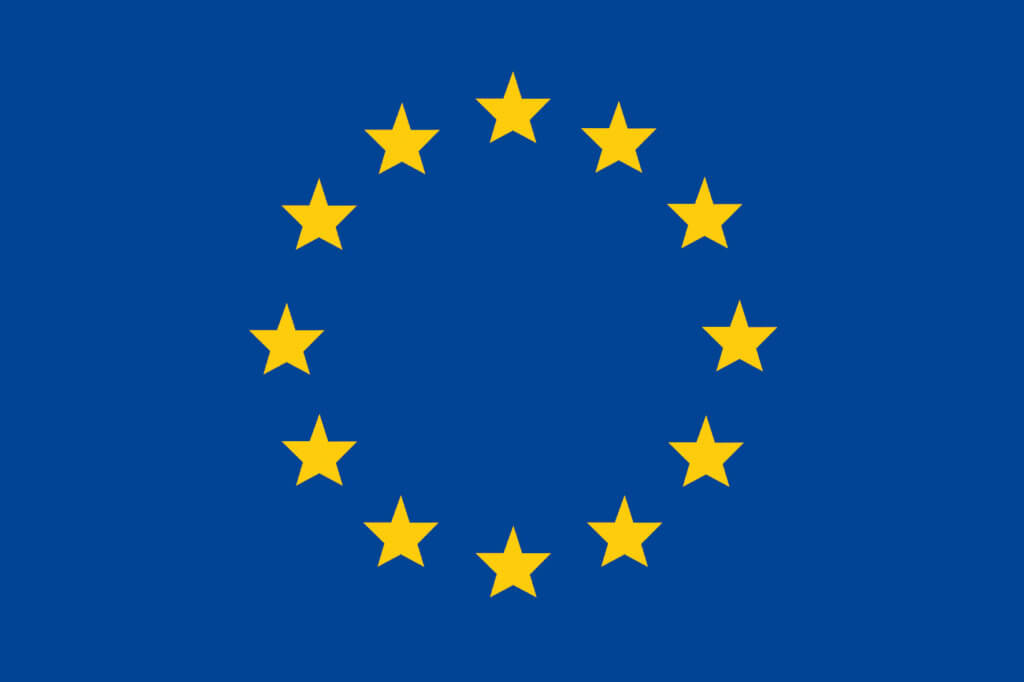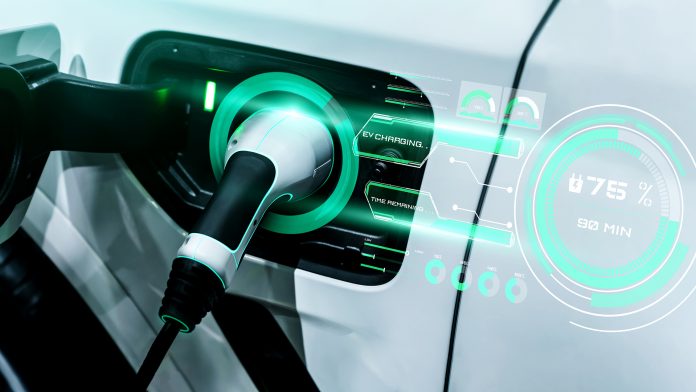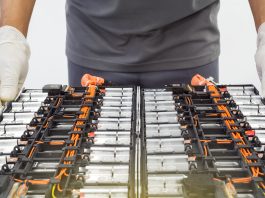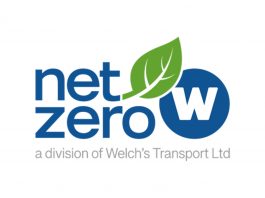The NEEMO project has the potential to revolutionise the electric mobility landscape.
The rapid growth of electric mobility has presented both opportunities and challenges for the transportation sector, especially on island states. To address these issues and pave the way for a sustainable future, the European Commission has funded the Networking for Excellence in Electric Mobility Operations (NEEMO) project under grant 857484.
This initiative focuses on integrating various technologies, modes, and operations within the transportation sector, with a particular emphasis on electric mobility. Under the umbrella of the Malta College of Arts, Science and Technology (MCAST), Energy Research Group (MCAST Energy), NEEMO aims to revolutionise electric transportation and foster a greener future research capacity.
The TWINNING stimulus, NEEMO-funded call H2020-WIDESPREAD-2018-03, embedded the MCAST Energy activities in a network of excellence, which provided access to the latest knowhow and facilities, trained MCAST and Malta scientific and technical personnel, and linked it with the European industry and going global.
The NEEMO network of excellence is defined by two institutions in the field. The project has a proven track record in electric mobility and smart cities energy and transport research in Austria, AIT Austrian Institute of Technology GmbH, and France, Commissariatà l’Energie Atomique et aux Energies Alternatives (CEA).
Since the strong reliance on conventional energy sources such as fossil fuels – in the mobility and overall energy sector – particularly concerns geographic islands, Anaptyxiak Etaireia Kefkosias (ANEL) Ltd., Nicosia Development Agency, in Cyprus is involved both as a technology transfer in a widening island state country as well as a provider of knowhow on policy field.
Malta is the south-most European island country, consisting of an archipelago in the Mediterranean Sea. It lies 80km south of Sicily, 284km east of Tunisia, and 333km north of Libya, having the highest vehicle density in the EU at over 1,000 vehicles per km2 on a 2,410km road network. This consists of 4% arterial roads, 4% distributor roads, and 92% rural and urban roads with linking functions.
Moreover, Malta’s surface area covers just above 316km2 with a population of just under 425,000, making it one of the world’s smallest and most densely populated countries in terms of vehicles and people at an average of 1,341 inhabitants per km2.
One important characteristic of Maltese mobility is journey length, which on average is 5.5km. Malta’s transport sector accounts for the largest share of the total conventional energy consumed, equivalent to around 74% of the fuel used in the inland market, excluding that used in international aviation and power stations.
The need for innovation in electric mobility
As the world transitions toward a low-carbon future, electric mobility has emerged as a key component of sustainable transportation systems. However, the successful integration of electric vehicles (EVs) into existing infrastructure requires innovative solutions that address various challenges such as charging infrastructure, grid integration, and operational optimisation.
The NEEMO project recognises these challenges and seeks to develop cutting-edge solutions to promote the widespread adoption of electric mobility.
The objectives of NEEMO
The NEEMO project sets out several key objectives to advance electric mobility and promote excellence in its operations:
- Research and development: NEEMO brings together experts, researchers, and stakeholders to conduct comprehensive research and development activities. These efforts aim to advance electric mobility technologies, enhance charging infrastructure, optimise energy management, and develop intelligent transportation systems for seamless integration as well as electric vehicle system improvement. In particular, the NEEMO project has successfully organised three workshops in Austria, France, and Cyprus for Malta-based researchers, three Advanced Schools, three Internships at NEEMO advanced partners AIT and CEA, an exchange visit in Cyprus, training and mentoring, and was a significant contributor to the 13th Mediterranean Conference on Power Generation, Transmission, Distribution and Energy Conversion (MEDPOWER2022).
- Collaboration and networking: NEEMO fosters collaboration between academia, industry, and policymakers, creating a vibrant ecosystem for knowledge exchange and innovation. By establishing strong partnerships, the project aims to leverage the collective expertise and resources of various stakeholders to accelerate the transition to electric mobility. The NEEMO project facilitated Malta’s entry as a member of the European Automotive Research Partners Association (EARPA), introductions on common thematic with the Technical Research Centre of Finland (VTT), Technical University of Compiègne and Technical University of Vienna as well as visits to Cyprus utility and regulator, SIEMENS (Austria), and participation to stakeholders from Rhodes, and special panels and local conferences.
- Research exposure: NEEMO facilitates research to be published and exploited collaborations beyond NEEMO consortium including real-world pilot demonstrations to validate and showcase innovative electric mobility solutions. These demonstrations serve as testbeds for new technologies, such as phase change material composite battery modules for thermal protection of electric vehicles, reviews on EV battery supply chain and critical materials, modes of transportation, and operational strategies such as a multi-agent framework for scheduling fully electrified public transport and impacts of EVs Charging in Low-Voltage Distribution Networks and potential solutions. By providing tangible evidence of the benefits and challenges of electric mobility, NEEMO aims to encourage wider adoption across Europe and globally.
Integrated approach to electric mobility
NEEMO adopts an integrated approach that spans multiple dimensions of electric mobility:
- Technological integration: The project focuses on advancing electric vehicle technologies, including battery technology, charging infrastructure, and vehicle-to-grid (V2G) systems. By enhancing the performance and efficiency of EVs, NEEMO aims to overcome technical barriers and ensure seamless integration with existing transportation systems.
- Mode integration: NEEMO explores various modes of electric transportation, such as electric cars, buses, bikes, and scooters. By promoting multimodal integration, the project aims to provide commuters with flexible and sustainable transportation options, reducing congestion and improving overall system efficiency.
- Operational integration: NEEMO seeks to optimise the operational aspects of electric mobility, including fleet management, routing, and energy management. By leveraging data analytics, Artificial Intelligence, and smart grid technologies, the project aims to maximise the utilisation of electric vehicles, minimise energy consumption, and enhance overall system performance.
Impact and future prospects
NEEMO managed to reach out to over 300 active in-person participants and thousands online in its actions by fostering collaboration, research, and pilot demonstrations. NEEMO aims to:
- Accelerate the adoption of electric mobility technologies across Europe;
- Enhance the performance and range of electric vehicles through technological advancements;
- Develop intelligent transportation systems that integrate electric mobility seamlessly into existing infrastructure;
- Optimise energy management and grid integration to ensure the sustainability of electric mobility; and
- Create a vibrant ecosystem for innovation, knowledge exchange, and networking in the
electric mobility domain, especially in Malta.
Looking ahead, the NEEMO project has the potential to serve as a catalyst for future research, policy, and development contributing also to the IET Mobility Hub in Malta and gearing up MCAST to deliver the Undergraduate Diploma in Auto Electronics & Electrical Technology.
 This project has received funding from the European Union’s Horizon 2020 research and innovation programme under grant agreement No 857484.
This project has received funding from the European Union’s Horizon 2020 research and innovation programme under grant agreement No 857484.
Please note, this article will also appear in the fourteenth edition of our quarterly publication.









